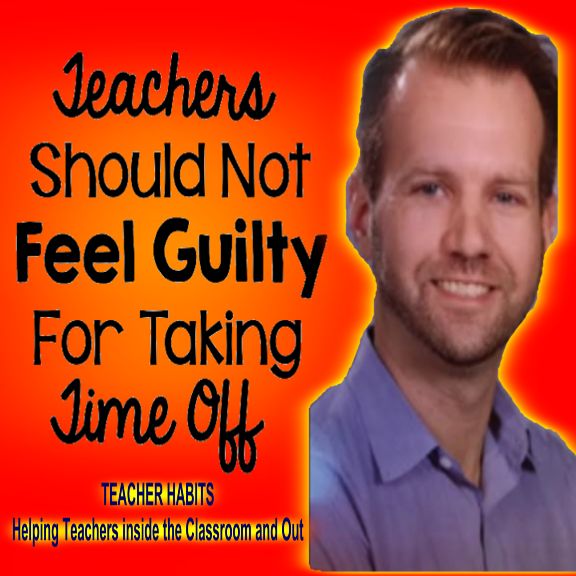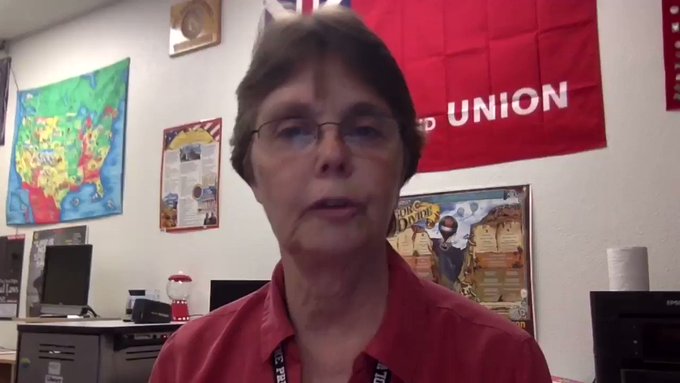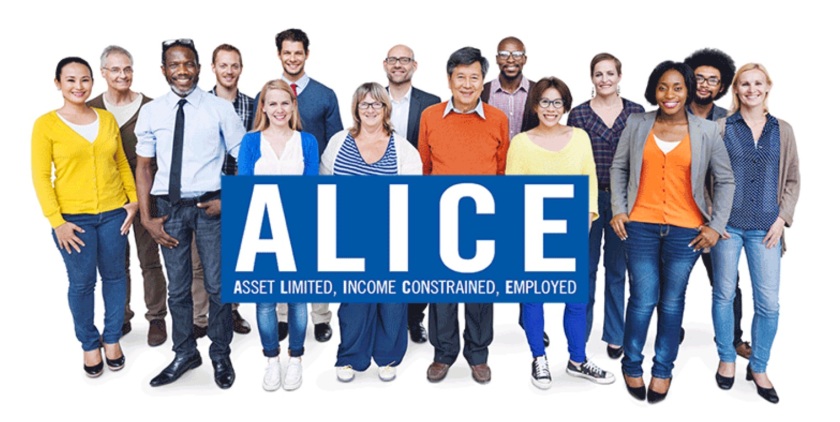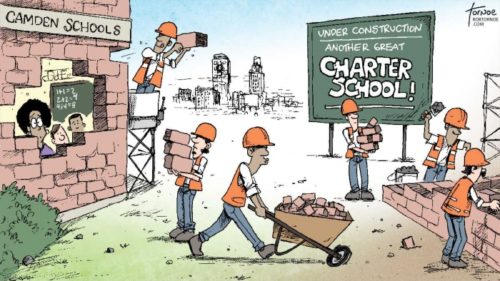CURMUDGUCATION: Can SEL Learn From Common Core
Can SEL Learn From Common Core
At the American Enterprise Institute (AEI), Michael McShane (EdChoice) recently took a look at what the nascent social-emotional learning movement for education could learn from studying the checkered history of the Common Core. It's an interesting paper both for what it says about SEL and for what it gleans from the story of the Common Core, operating as it does from the reliably free-market loving reformy point of view of AEI. Plus it includes one of my new most favorite Arne Duncan quotes.
The paper opens with a history of the Core and then goes on to draw four lessons. Let's take a look.
Common Core History
McShane takes a good, honest look at the downward trajectory of the Core's popularity with everyone, and notes "It's fair to say that the implementation of Common Core did not live up to advocates' expectations." He notes the phenomenon of how Race to the Top "turbocharged" adoption of the standards, in some cases before they were even finished (he does not talk about how Bill Gates helped drive the whole process). He notes also that the standards came hand in hand with the Big Standardized Tests, and reminds us all of some of the grotesque over-promising that Duncan offered up regarding the BS Tests. McShane takes us back to Duncan's speech announcing the grants for the PARCC and SBA tests:
In that same speech, he set a pretty high bar for these two tests. He said they would "be an absolute game-changer in public education ," "make widespread use of smart technology," and "provide students with realistic, complex performance tasks, immediate feedback, computer adptive testing, and incorporate accommodations for a range of students." He harped on new testing technology that would allow students "to design products or experiments, to manipulate parameters, run tests and record data." He said tests would be able to "incorporate audio and video" and situate problems "in real world environments, where students perform tasks or include CONTINUE READING: CURMUDGUCATION: Can SEL Learn From Common Core
WHY THE PRESIDENCY IS STILL A SAUSAGE PARTY: AMERICA'S ENDURING BROMANCE
WITH THE BOYS' CLUB
-
*WHY THE PRESIDENCY IS STILL A SAUSAGE PARTY: AMERICA'S ENDURING BROMANCE
WITH THE BOYS' CLUB*
*and Why Michelle Obama Isn't Wrong*
The American pre...
2 hours ago




























